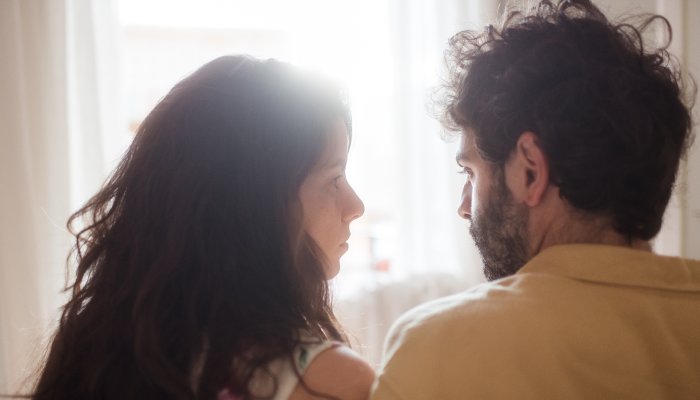Ambivalence In Relationships Can Spell Disaster, Research Says

The researchers studied over a thousand couples and individuals over the course of a year using questionnaires, daily diaries, and follow-ups, to assess things like ambivalence, relationship satisfaction, and relationship outcomes.
And based on their findings, objective and subjective ambivalence were significantly (and negatively) associated with both personal and relational wellbeing. The same findings were not seen with implicit-explicit and implicit ambivalence, which didn’t show strong associations to wellbeing.
“Indeed,” the study authors write, “the present findings suggest that it is primarily the awareness of conflicting feelings (i.e., subjective ambivalence) that is especially associated with people reporting negative outcomes, at least for relational well-being.” They add that in romantic relationships, “people may be most threatened by the awareness of their ambivalence given the strong desire to see their partner positively and the potentially relationship- and life-altering implications that acting upon one’s evaluations may have” (i.e. breaking up).
But when the ambivalence is more subconscious (AKA implicit), the study authors explain that the impact on relationship and individual wellbeing isn’t significant.